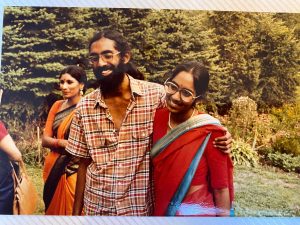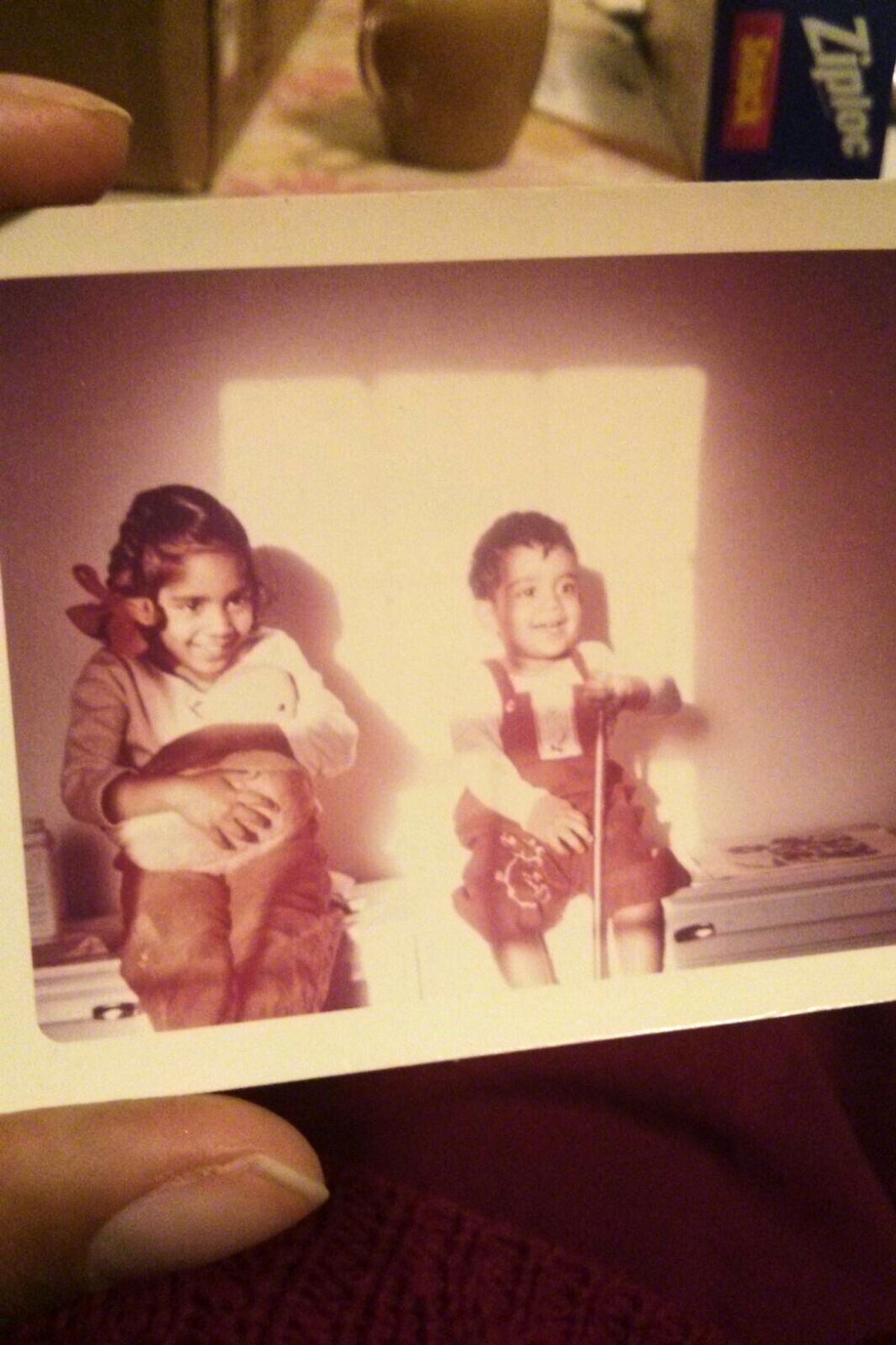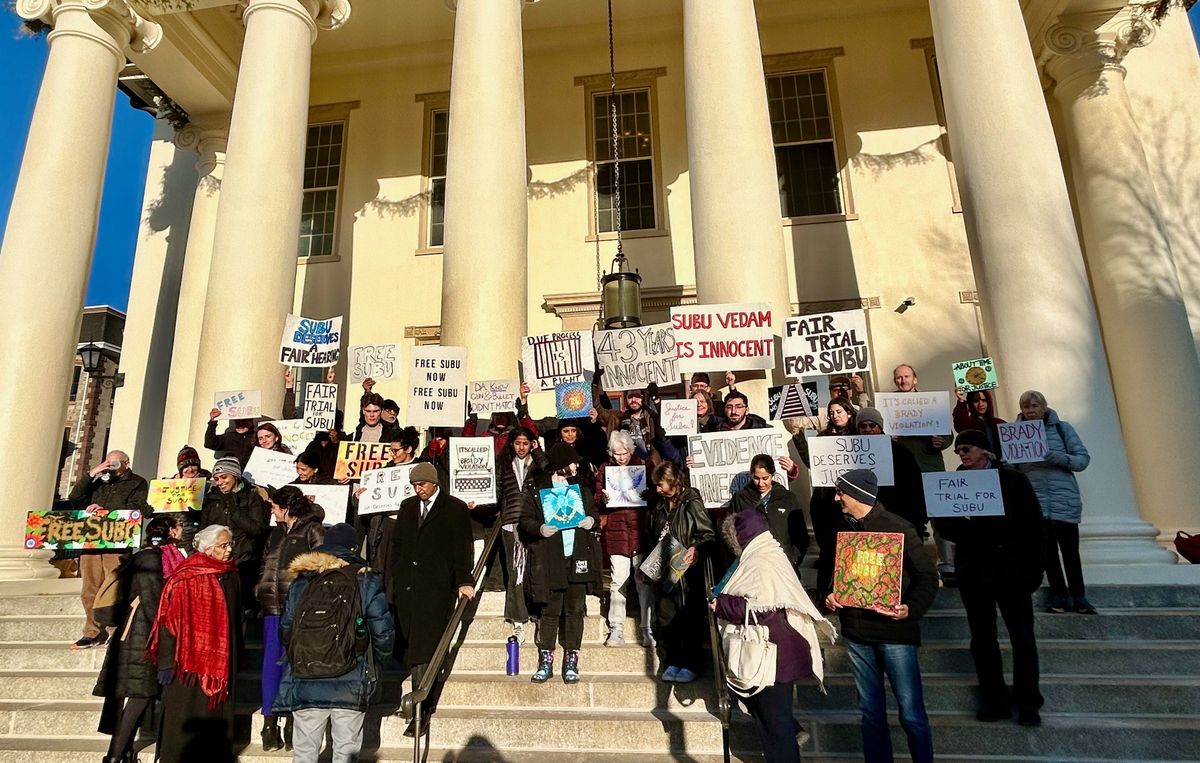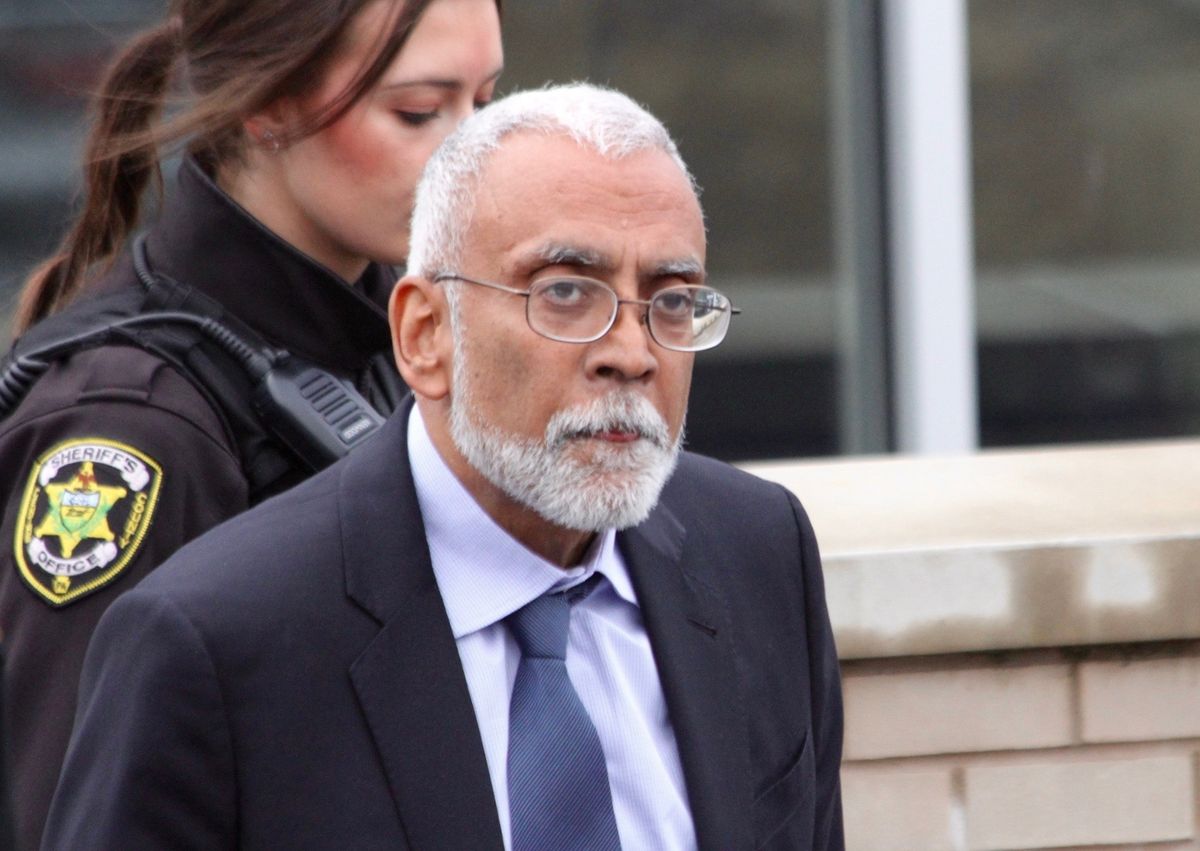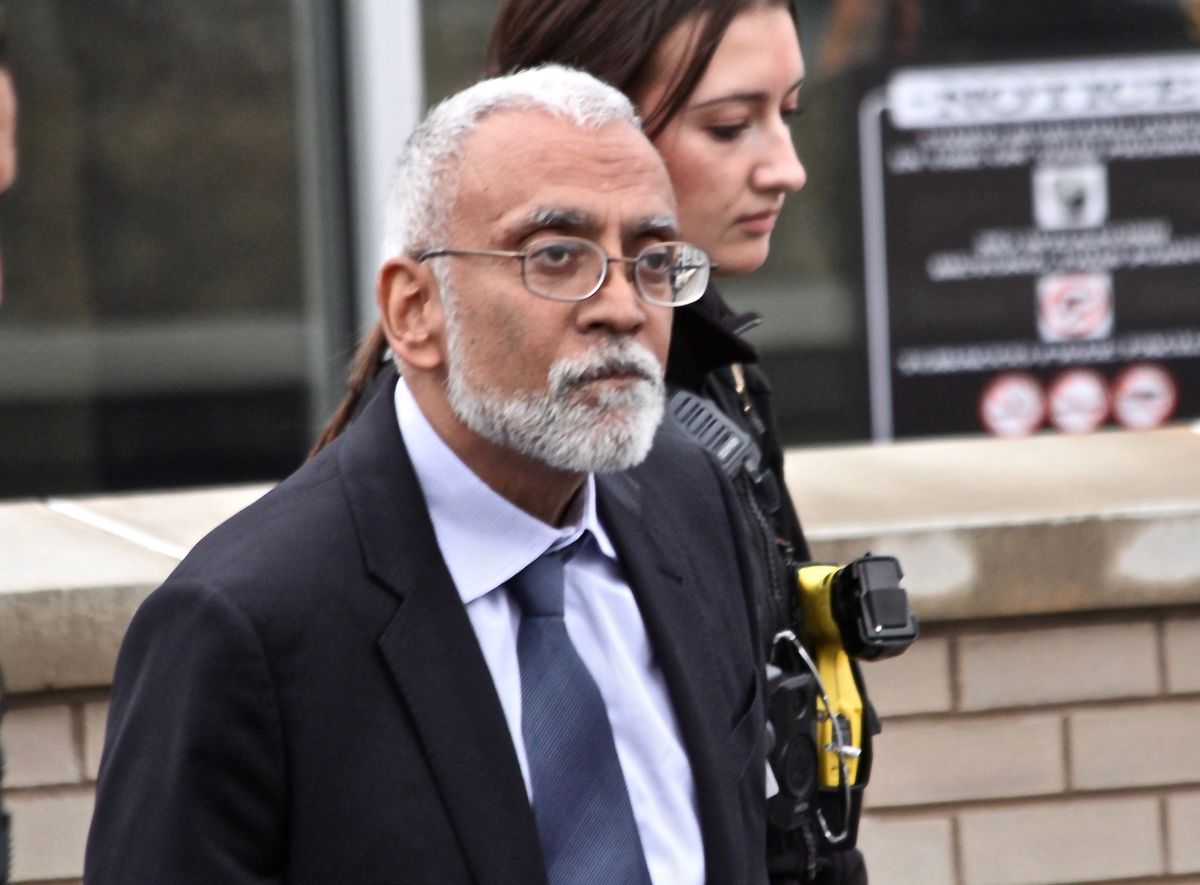PHILADELPHIA (AP) — After waiting more than four decades to clear his name in a friend’s 1980 killing, Subramanyam Vedam was set to walk free from a Pennsylvania prison this month.
Vedam and Thomas Kinser were the 19-year-old children of Penn State University faculty. Vedam was the last person seen with Kinser and was twice convicted of killing him, despite a lack of witnesses or motive.
In August, a judge threw out the conviction after Vedam’s lawyers found new ballistics evidence that prosecutors had never disclosed.
As his sister prepared to bring him home on Oct. 3, the thin, white-haired Vedam was instead taken into federal custody over a 1999 deportation order. The 64-year-old, who legally came to the U.S. from India when he was 9 months old, now faces another daunting legal fight.
Amid the Trump Administration’s focus on mass deportation, Vedam’s lawyers must persuade an immigration court that a 1980s drug conviction should be outweighed by the years he wrongly spent in prison. For a time, immigration law allowed people who had reformed their lives to seek such waivers. Vedam never pursued it then because of the murder conviction.
“He was someone who’s suffered a profound injustice,” said immigration lawyer Ava Benach. “(And) those 43 years aren’t a blank slate. He lived a remarkable experience in prison.”
Vedam earned several degrees behind bars, tutored hundreds of fellow inmates and went nearly half a century with just a single infraction, involving rice brought in from the outside.
His lawyers hope immigration judges will consider the totality of his case. The administration, in a brief filed Friday, opposes the effort. So Vedam remains at an 1,800-bed U.S. Immigration and Customs Enforcement facility in central Pennsylvania.
“Criminal illegal aliens are not welcome in the U.S,” a Department of Homeland Security spokesperson said in an email about the case.
‘Mr. Vedam, where were you born?’
After his initial conviction was thrown out, Vedam faced an unusual set of questions at his 1988 retrial.
“Mr. Vedam, where were you born?” Centre County District Attorney Ray Gricar asked. “How frequently would you go back to India?
“During your teenage years, did you ever get into meditation?”
Gopal Balachandran, the Penn State law professor who won the reversal, believes the questions were designed to alienate him from the all-white jury, which returned a second guilty verdict.
The Vedams were among the first Indian families in the area known as “Happy Valley,” where his father had come as a postdoctoral fellow in 1956. An older daughter was born in State College, but “Subu,” as he was known, was born when the family was back in India in 1961.
They returned to State College for good before his first birthday, and became the family that welcomed new members of the Indian diaspora to town.
“They were fully engaged. My father loved the university. My mother was a librarian, and she helped start the library,” said the sister, Saraswathi Vedam, 68, a midwifery professor in Vancouver, British Columbia.
While she left for college in Massachusetts, Subu became swept up in the counterculture of the late 1970s, growing his hair long and dabbling in drugs while taking classes at Penn State.
One day in December 1980, Vedem asked Kinser for a ride to nearby Lewisburg to buy drugs. Kinser was never seen again, although his van was found outside his apartment. Nine months later, hikers found his body in a wooded area miles away.
Vedam was detained on drug charges while police investigated, and was ultimately charged with murder. He was convicted in 1983 and sentenced to life without parole. To resolve the drug case, he pleaded no contest to four counts of selling LSD and a theft charge. The 1988 retrial offered no reprieve from his situation.
Although the defense long questioned the ballistics evidence in the case, the jury, which heard that Vedam had bought a .25-caliber gun from someone, never heard that an FBI report suggested the bullet wound was too small to have been fired from that gun. Balachandran only found that report as he dug into the case in 2023.
After hearings on the issue, a Centre County judge threw out the conviction and the district attorney decided this month not to retry the case.
Trump officials oppose the petition
Benach, the immigration lawyer, often represents clients trying to stay in the U.S. despite an earlier infraction. Still, she finds the Vedam case “truly extraordinary” given the constitutional violations involved.
“Forty-three years of wrongful imprisonment more than makes up for the possession with intent to distribute LSD when he was 20 years old,” she said.
Vedam could spend several more months in custody before the Board of Immigration Appeals decides whether to reopen the case. ICE officials, in a brief Friday, said the clock ran out years ago.
“He has provided no evidence nor argument to show he has been diligent in pursuing his rights as it pertains to his immigration status,” Katherine B. Frisch, an assistant chief counsel, wrote.
Saraswathi Vedam is saddened by the latest delay, but said her brother remains patient.
“He, more than anybody else, knows that sometimes things don’t make sense,” she said. “You have to just stay with stay the course and keep hoping that truth and justice and compassion and kindness will win.”
By MARYCLAIRE DALE
Associated Press

